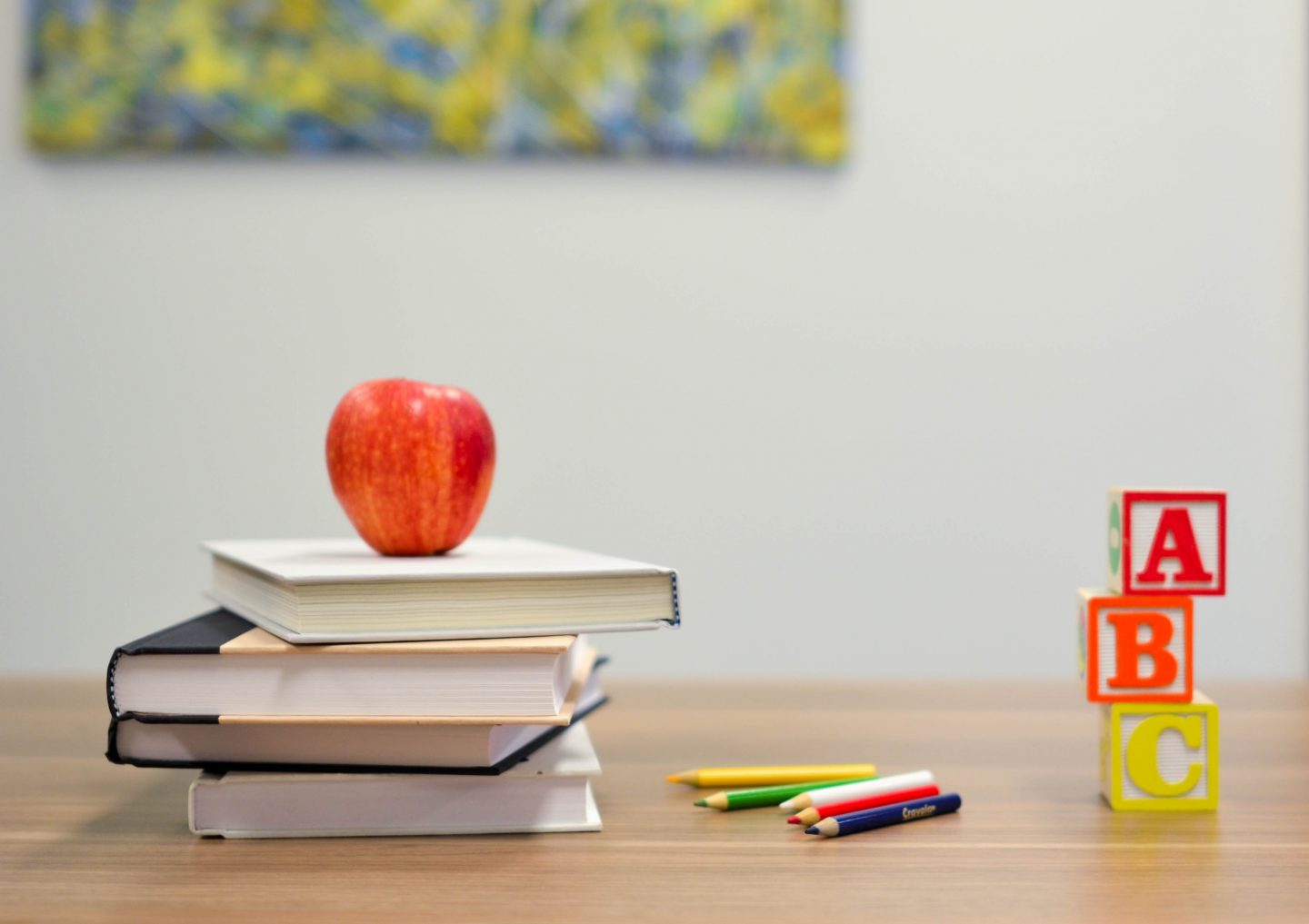
Disclosure – this is a collaborative post.
In a few short days, the schools open after the two weeks of holidays because of the Coronavirus. It is a worrying and stressful time but it’s vital to get your kids back into a good routine. By following some simple daily tips, organizing the study can become a much easier affair for both parents and children!
Adequate night’s sleep: Children need to sleep at least 9 to 10 hours to cover the biological and developmental changes that occur in their body. Adequate sleep helps them have a relaxed mind ready for action.
Proper diet: It is good to avoid fast / junk food and not to miss meals. Children think and perform better when fed properly. For example, a hearty breakfast gives energy to both the mind and the body.
Don’t allow long hours doing things that are tiring: Television, the internet, electronic games, telephones, etc., are important for their fun aspect but also limiting time can help them focus on homework as well as allow them to not use their eyes on screens too much. The only thing they will be able to do at the end of this type of activity, is to exhaust the child physically and mentally so that he can not have the maximum performance in reading. Schedule the above activities after completing the reading.
Relaxation: At school the children have a very tiring day because of the information bombardment they receive – that’s why kids rarely have trouble sleeping! When they return home and before they start their study, at least half an hour of rest is required.
Organize the time and space of the study. It is good for children to study at a specific time and in a specific place every day so that reading becomes a habit and routine. The room should be tidy and quiet to help the child better organise their thinking and study. The office should have the absolutely necessary and not many stimuli that will distract them. Organisation also includes having all the items they need such as a bag and pencil case. Take a look at Smiggle pencil cases.
Allow short breaks: After much time of study and effort, you may notice that the child begins to get tired, intolerant and unable to concentrate on what they are doing. Then, allow a short break (4′-5 ′), so that the child has the opportunity to get some rest and time on the iPad or TV!
Set priorities: Children need to learn that in order to succeed in the future, their priority before fun is school, as for parents it is work. By teaching priorities to children, you help them develop skills that will be useful not only for school but also for later life.
Now more than ever, kids are going to feel nervous about returning to the classroom but they are also resilient and will be more than happy to see their friends again and get back to doing things they love. Give them encouragement and tell them it is OK to be back at school and once again it will soon become second nature to them. It’s a fresh start!
Disclosure – this is a collaborative post.
